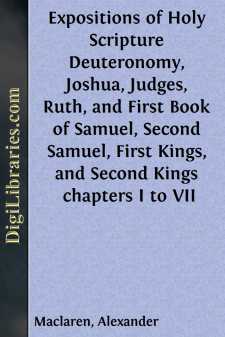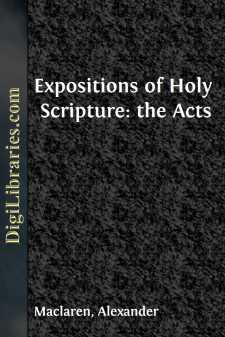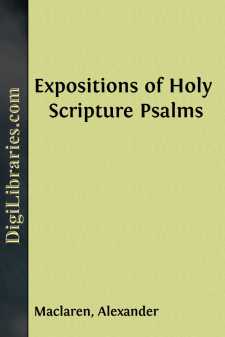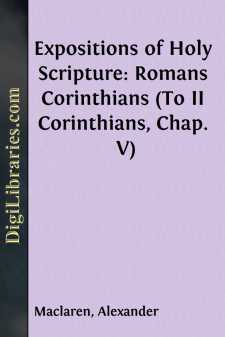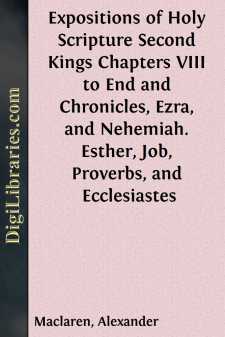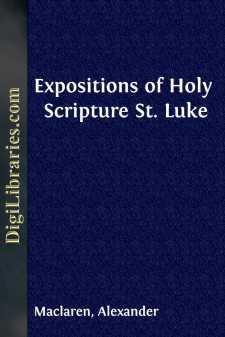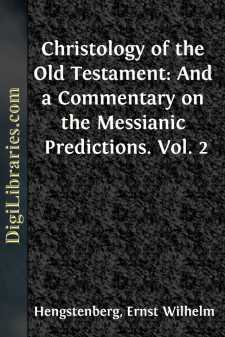Categories
- Antiques & Collectibles 13
- Architecture 36
- Art 48
- Bibles 22
- Biography & Autobiography 815
- Body, Mind & Spirit 144
- Business & Economics 28
- Children's Books 18
- Children's Fiction 14
- Computers 4
- Cooking 94
- Crafts & Hobbies 4
- Drama 346
- Education 58
- Family & Relationships 59
- Fiction 11829
- Games 19
- Gardening 17
- Health & Fitness 34
- History 1378
- House & Home 1
- Humor 147
- Juvenile Fiction 1873
- Juvenile Nonfiction 202
- Language Arts & Disciplines 89
- Law 16
- Literary Collections 686
- Literary Criticism 179
- Mathematics 13
- Medical 41
- Music 40
- Nature 179
- Non-Classifiable 1768
- Performing Arts 7
- Periodicals 1453
- Philosophy 65
- Photography 2
- Poetry 896
- Political Science 203
- Psychology 44
- Reference 154
- Religion 515
- Science 126
- Self-Help 85
- Social Science 82
- Sports & Recreation 34
- Study Aids 3
- Technology & Engineering 59
- Transportation 23
- Travel 463
- True Crime 29
Our website is made possible by displaying online advertisements to our visitors.
Please consider supporting us by disabling your ad blocker.
Expositions of Holy Scripture Deuteronomy, Joshua, Judges, Ruth, and First Book of Samuel, Second Samuel, First Kings, and Second Kings chapters I to VII
Description:
Excerpt
GOD'S FAITHFULNESS
'Know therefore that the Lord thy God, He is God, the faithful God, which keepeth covenant and mercy with them that love Him.'—DEUT. vii. 9.
'Faithful,' like most Hebrew words, has a picture in it. It means something that can be (1) leant on, or (2) builded on.
This leads to a double signification—(1) trustworthy, and that because (2) rigidly observant of obligations. So the word applies to a steward, a friend, or a witness. Its most wonderful and sublime application is to God. It presents to our adoring love—
I. God as coming under obligations to us.
A marvellous and blessed idea. He limits His action, regards Himself as bound to a certain line of conduct.
1. Obligations from His act of creation.
'A faithful Creator,' bound to take care of those whom He has made. To supply their necessities. To satisfy their desires. To give to each the possibility of discharging its ideal.
2. Obligations from His past self.
'God is faithful by whom ye were called,' therefore He will do all that is imposed on Him by His act of calling.
He cannot begin without completing. There are no abandoned mines. There are no half-hewn stones in His quarries, like the block at Baalbec. And this because the divine nature is inexhaustible in power and unchangeable in purpose.
3. Obligations from His own word.
A revelation is presupposed by the notion of faithfulness. It is not possible in heathenism. 'Dumb idols,' which have given their worshippers no promises, cannot be thought of as faithful. By its grand conception of Jehovah as entering into a covenant with Israel, the Old Testament presents Him to our trust as having bound Himself to a known line of action. Thereby He becomes, if we may so phrase it, a constitutional monarch.
That conception of a Covenant is the negation of caprice, of arbitrary sovereignty, of mystery. We know the principles of His government. His majestic 'I wills' cover the whole ground of human life and needs for the present and the future. We can go into no region of life but we find that God has defined His conduct to us there by some word spoken to our heart and binding Him.
4. Obligations from His new Covenant and highest word in Jesus Christ.
'He is faithful and just to forgive us our sins.'
II. God as recognising and discharging these obligations.
That He will do so comes from His very nature. With Him there is no change of disposition, no emergence of unseen circumstances, no failure or exhaustion of power.
That He does so is matter of fact. Moses in the preceding context had pointed to facts of history, on which he built the 'know therefore' of the text. On the broad scale the whole world's history is full of illustrations of God's faithfulness to His promises and His threats. The history of Judaism, the sorrows of nations, and the complications of national events, all illustrate this fact.
The personal history of each of us. The experience of all Christian souls. No man ever trusted in Him and was ashamed. He wills that we should put Him to the proof....


